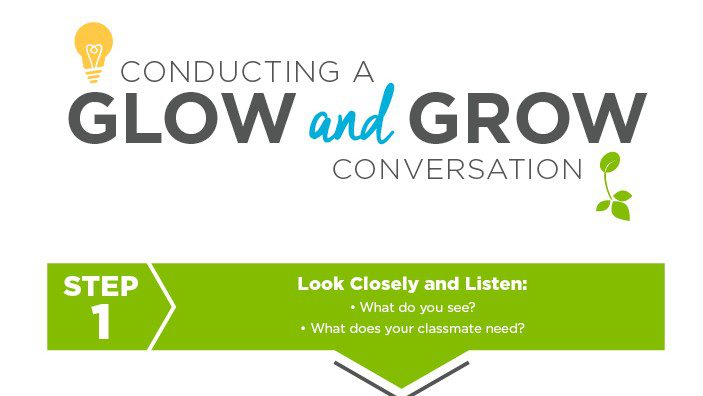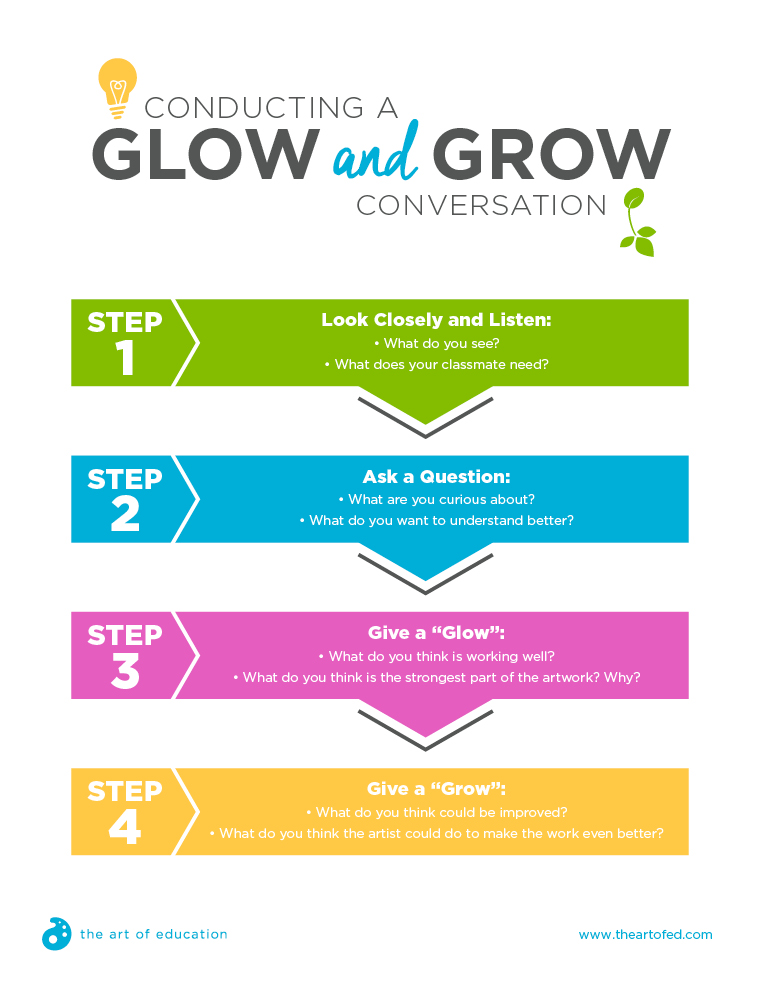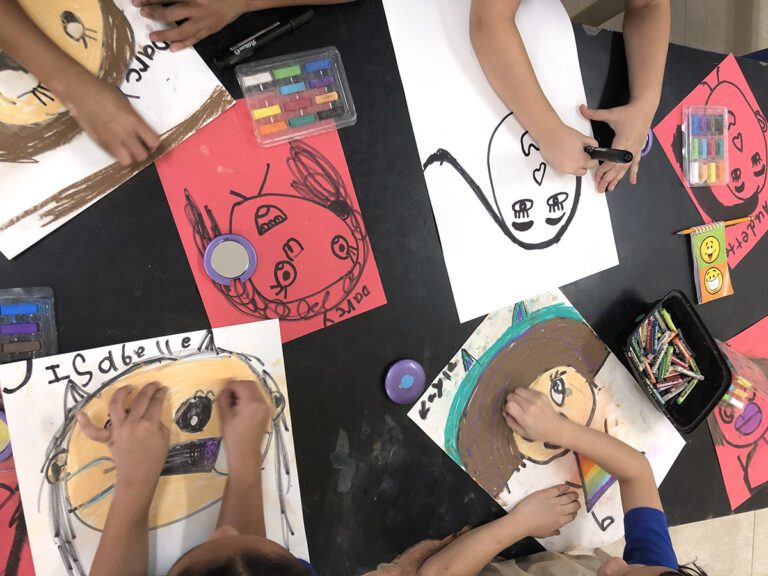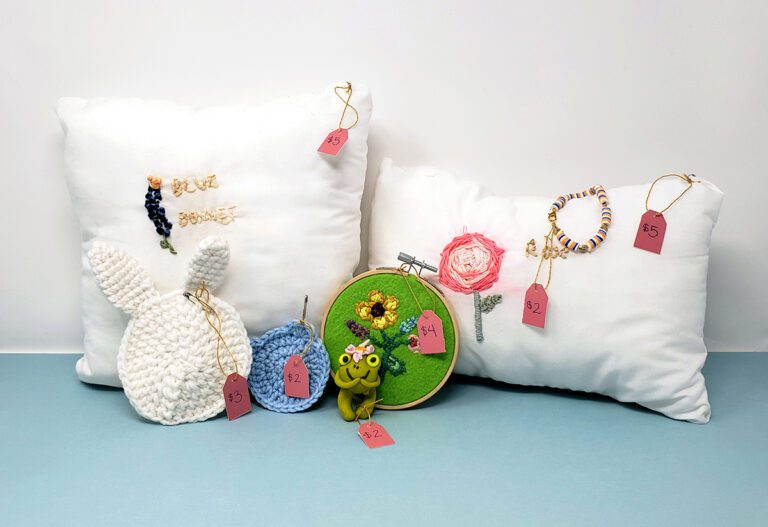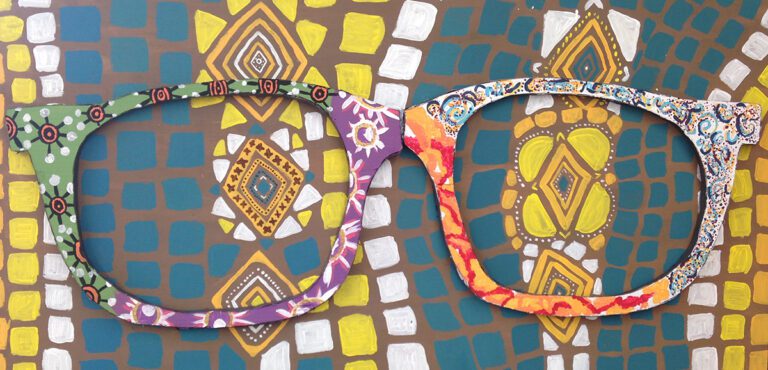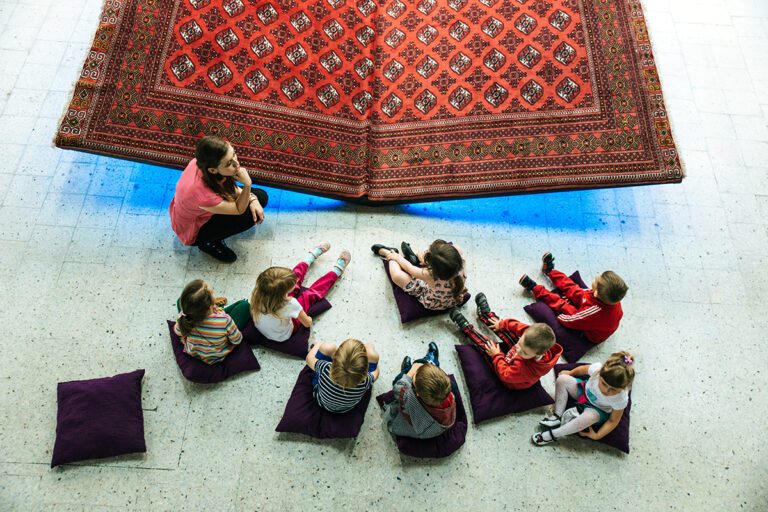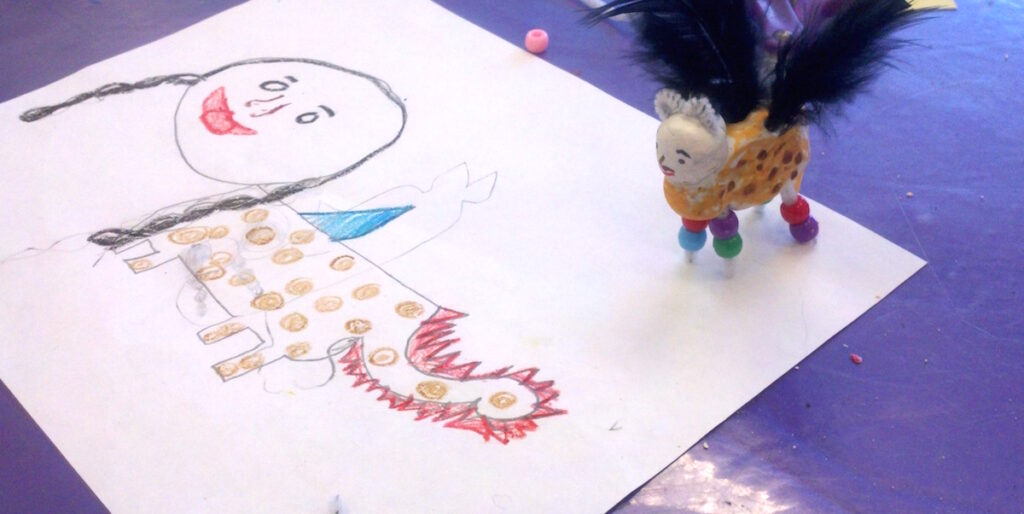
As an elementary art teacher, one of the biggest challenges I face is how to find the time to ensure that all of my students get personalized feedback on their work. With only 40 minutes a week with each of my 600 students, this is a big challenge!
I found myself wondering:
- How can I ensure that all of my students get meaningful feedback at various points in the creative process?
- How can I build my students’ capacity to analyze and discuss artworks?
- How can I help my students learn to respectfully critique work?
I found a solution in what I call “Glow and Grow” conversations.
Any student can approach a classmate and ask him or her to look at their work and provide them advice to work through a challenge. The students work together to engage in a respectful and meaningful discussion about the work. These discussions follow a very particular set of steps, which you can read about in the chart below. Be sure to download a copy to use with your students!
I use this strategy with my 3rd, 4th, and 5th-grade students. During the course of a project, I will ask students to participate in one of these conversations with at least one classmate before moving on to the next step. Sometimes they do this more than once in the creation of an artwork, and they are always free to ask a classmate for feedback at any point if they feel they need help.
My students know that these conversations are part of being a responsible art student in my classroom. They know that they have to listen to the feedback of their classmate, but they are not obligated to follow the advice. The final choice is always theirs.
So, why use this strategy with your students?
- By learning to articulate the choices made during the creative process, students become more confident when communicating about art.
- Students gain an understanding of the importance of collaboration and communication with fellow artists.
- This strategy has helped to shift the culture of my art room from a teacher-led to a student-led environment. Students learn that they have the power to help one another. Peer feedback is meaningful!
- Students learn to respectfully critique, which will help them in many other areas of their lives.
I have seen the positive effect this has had on my students in their deeper and more meaningful artist statements. They have also shared their appreciation for the strategy in their exit slips:
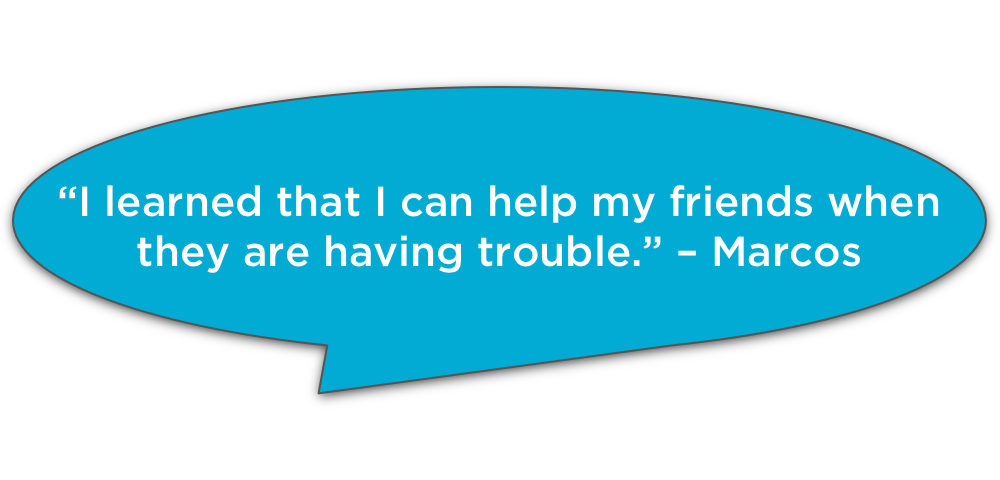
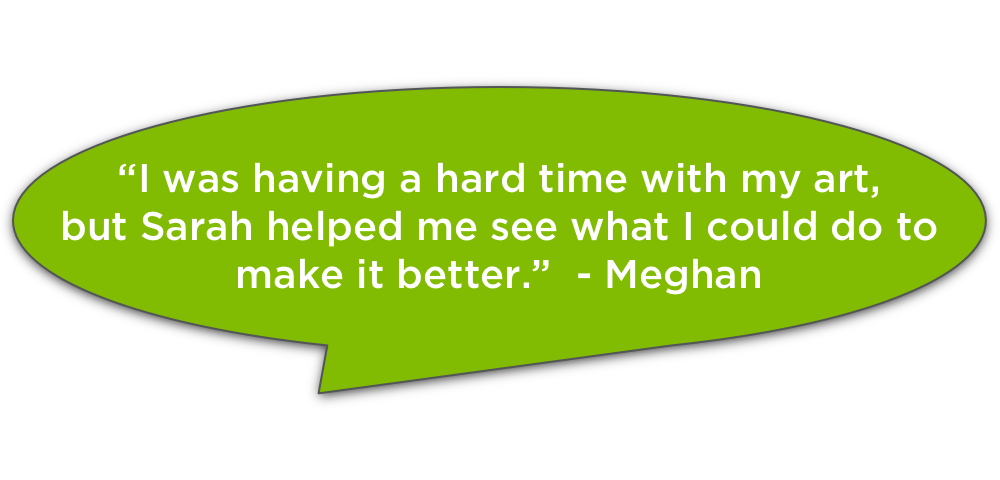
This strategy fits well into a larger framework of formative and summative assessments in the art room. I am a big fan of anything that gets the focus away from the teacher as the ultimate authority and empowers the students to see themselves as valuable guides for one another.
Do you use a strategy to help students share and communicate during the creative process?
How do you empower your students to help one another?
Magazine articles and podcasts are opinions of professional education contributors and do not necessarily represent the position of the Art of Education University (AOEU) or its academic offerings. Contributors use terms in the way they are most often talked about in the scope of their educational experiences.
